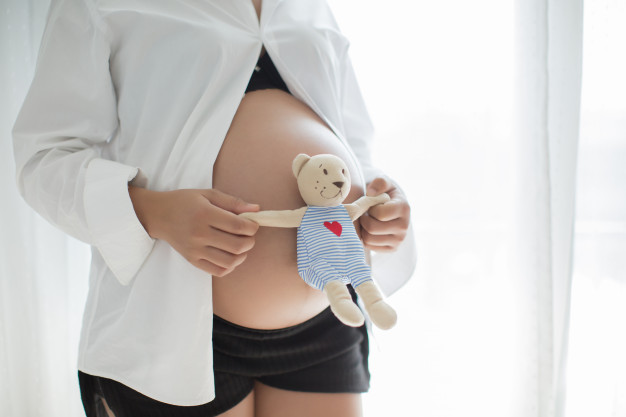A recent study published in the journal JAMA Pediatrics claims that mothers who were infected with COVID-19 during their pregnancy could transfer antibodies to their unborn child through the placenta.

The research took blood samples from more than 1,470 pregnant women at Pennsylvania Hospital between April and August 2020, of which they found and analyzed COVID-19 antibodies in 83 new mothers. It was discovered that about 87% of their newborns showed reports of COVID antibodies in their umbilical cords.
Also Read: Covid-19: 45% of health workers vaccinated in 18 days, India fastest to reach 4m mark
The amount and nature of the antibodies in the newborns depended on the type and quantity of antibodies that were present in the mother during her pregnancy.
According to the researchers of the study, “Our findings demonstrate the potential for maternally derived antibodies to provide neonatal protection from SARS-CoV-2 infection and will help inform both neonatal management guidance and design of vaccine trials during pregnancy.”
Also Read: Vaccination drive: India’s one million shots in 6 days is world’s fastest rollout
Role of immunoglobulin G (IgG)
Immunoglobulin G (IgG) is a type of antibody found in the cord blood that helps protect the body from various infections.
As per the recent study, immunoglobulin G (IgG) was detected in 83 of 1,471 women (6%) at delivery, and IgG was found in cord blood from 72 of 83 of the newborns (87%). This reflected a similar level of IgG present in the mother and the newborn.
The 11 babies who tested negative for the antibodies were either due to the low levels of IgG levels in their mothers or due to the low amount of antibody production by the mothers.
Also Read: Vaccination drive: India’s one million shots in 6 days is world’s fastest rollout
On the contrary, no IgM antibodies, which are the first antibody to appear in the response to initial exposure to an antigen, were found in cord blood of the mothers, indicating that the mother did not infect their child during pregnancy as IgM antibodies cannot be transferred through the placenta.
That said, according to the researchers, “Further studies are needed to determine if SARS-CoV-2 antibodies are protective against newborn infection; if so, at what concentration; and whether the transplacental kinetics of vaccine-elicited antibodies are similar to naturally acquired antibodies.”
You May Like:
Can children get Covid-19 vaccine yet?
There’s a lot of debate going on in the world about vaccination. Whereas most of the countries have started with the first wave of vaccination and other countries are on the verge of starting the vaccination, the world is confronted with the big question: Read More:

